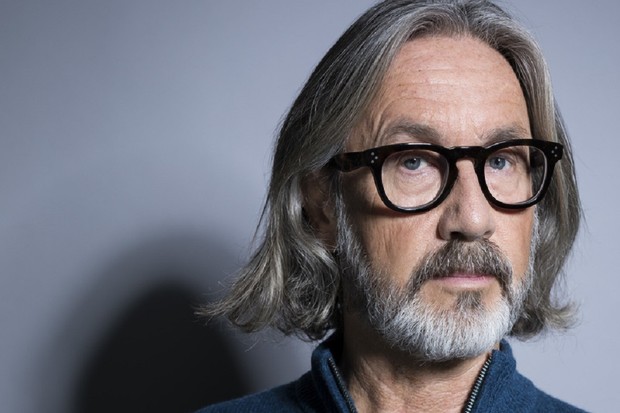Martin Provost • Director of Bonnard, Pierre et Marthe
"I have been at the heart of their lives for several periods”
- CANNES 2023: The director explains why he has embarked on a long love story about the painter Pierre Bonnard and his partner Marthe

Bonnard, Pierre et Marthe [+see also:
film review
trailer
interview: Martin Provost
film profile], Martin Provost well known for Séraphine [+see also:
trailer
film profile] and The Midwife [+see also:
film review
trailer
interview: Martin Provost
film profile] presents his eighth feature film in the Cannes Premiere section of the 76th Cannes Film Festival.
Cineuropa: Where did the initial idea for the film come from, from Pierre Bonnard’s side or Marthe’s?
Martin Provost: From Marthe’s side. I was contacted by her grand-niece who had seen Séraphine and wanted me to make a film that would do justice to Marthe Bonnard because she did not have her right place with Pierre Bonnard. At the beginning, I was not thrilled even though there was something interesting. As I had just made Séraphine, I didn't want to make another film about painting. It became obvious during the lockdown because, by chance, I live in the countryside next to the "caravan" where Pierre and Marthe Bonnard lived, on the banks of the Seine. Nature was so beautiful, so untouched by man, so magical that I went back to the books I had on Bonnard, to his paintings and especially to the life of Pierre and Marthe. And I told myself that I didn't want to make a film about Marthe, but about the couple.
What do Pierre and Marthe, who come from very different social classes, have in common?
The love of painting, the love of art, sexuality, everything that is very organic, that nourishes creation and that we find in Bonnard's paintings: it is surprisingly carnal and luminous. It's a whole part of their lives that I tried to reconstruct, in the joy of living, the happiness of living in the countryside, by the water, with the Monets next door, good food, etc.
How did you choose the four periods that punctuate a plot spanning half a century?
I focused the film on their personal story with the means I had, through simplifying it a lot. Rather than a very detailed historical reconstruction, I went to the heart of their lives, over several periods. Firstly, with the meeting, the youth, the appetite for life and love, the discovery of bodies, the subject of study that Marthe was for Pierre who observed her, drew her and transformed her all the time in his paintings. Then comes the period of adulthood, with the passion disappearing, the desire too, Pierre starting to pick at things left and right, she who is not fooled but who loves him, and the meeting with Renée, this second woman Pierre will have in his life, much younger than him, his student at the Beaux-Arts and with whom he falls madly in love. He takes the risk for her sake of leaving Marthe and this will cost everyone enormously. At the same time, however, this was the beginning of a new dimension in Pierre Bonnard's painting. It is through the drama that this happens, with a very large, inner opening and the exploration of the shadowy areas that will give the famous paintings of Marthe in her bathtub. Right up to the last part of the film, which represents old age and the recognition for them of the esteem that one can have for the other when one grows old and of the need for each other, beyond sexuality and desire: a love that perhaps prepares itself for something larger after death.
What were your choices in terms of reconstruction?
I decided not to show the city and to make it come alive with “matte painting”. My reference in this field was Hitchcock. I didn't want realism like when you see the Gare de Lyon exit, Montmartre, the industrial areas. I wanted to recreate a kind of poetic form, a vision I have of cinema that is not stuck to reality. And as it's a fairly romantic story, I could allow myself that.
(Translated from French)
Did you enjoy reading this article? Please subscribe to our newsletter to receive more stories like this directly in your inbox.















